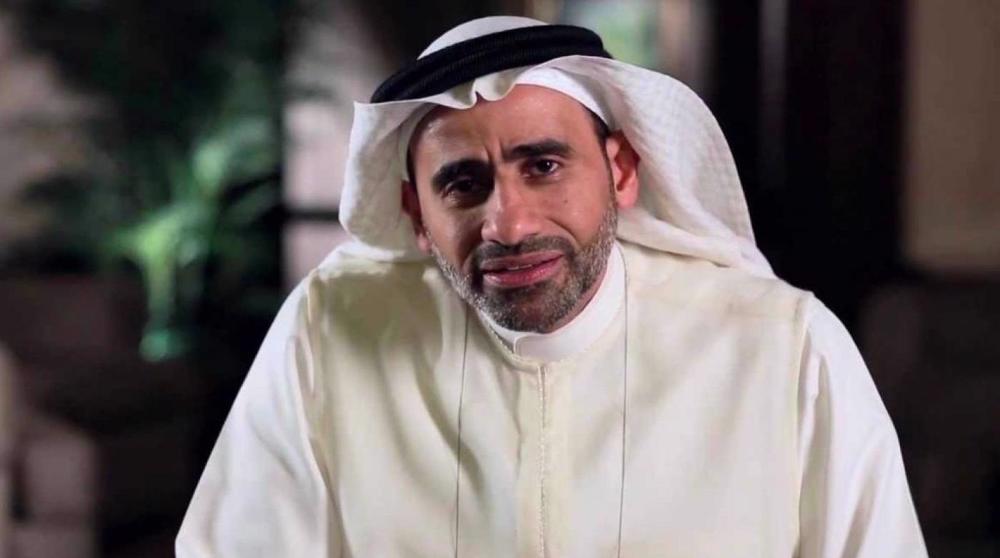US-Saudi doctor gets 6-year sentence on ‘vague charges’: HRW
Human Rights Watch dismisses as “vague” the charges that have gotten a prominent doctor of dual Saudi Arabian-American citizenship six years in prison, saying he has been subjected to horrific treatment only because of his political views.
A Saudi court handed down the sentence to the Harvard-trained physician, Walid Fitaihi, who has been being persecuted constantly and brutally by the Saudi authorities over the past three years, on Tuesday.
Addressing his case on Thursday, the New York-based rights body listed some of the charges as “breaking allegiance with the ruler” by “sympathizing” with a “terrorist organization,” and “offending other countries and their leaders.”
The charges pertain to tweets by the doctor in support of the Muslim Brotherhood, Egypt’s largest opposition group that has been banned as a “terrorist organization” and made subject to a hugely deadly crackdown in its home country. Fitaihi has also posted tweets critical of Abdel Fattah al-Sisi, Egypt’s president, on whose orders the crackdown has taken place.
His sentence also had to do with his obtaining a “foreign [US] nationality” without prior permission from Saudi authorities, a rule that the HRW said was rarely enforced.
Fitahi was detained in November 2017 along with around 200 other prominent Saudis during what Riyadh attempted to portray as an “anti-corruption” drive.
Saudi authorities have also banned the 56-year-old from traveling since the arrest, along with seven members of his family, all of whom are likewise US citizens.
Citing a friend, The New York Times reported last December that he had suffered horrific torture during interrogation, including by being “slapped, blindfolded, stripped to his underwear, and bound to a chair.”
In at least one instance, he was shocked with electricity for about an hour, his associate had told the paper, adding that his tormentors also whipped his back so hard that he could not sleep on it for days.
Fitaihi confirmed the treatment earlier this year, after which the authorities raided the family’s home in the Saudi port city of Jeddah and seized all the computers and mobile phones in the house, HRW said.
Saudi Arabia has been under the de facto rule of Crown Prince Mohammed bin Salman since early 2017.
Ever since, the kingdom has been embroiled in a number of unprecedented human rights controversies, including the killing of Saudi dissident and Mohammed's critic Jamal Khashoggi. He was murdered and dismembered after entering the Saudi Consulate in Istanbul last October.
The HRW said, “The Saudi government has engaged in an unrelenting assault on fundamental freedoms, including jailing and harassing public dissidents and human rights activists, which has significantly increased under” bin Salman.
“As part of a deliberate strategy to deflect from these types of human rights abuses, the Saudi government spends billions of dollars hosting major entertainment, cultural, and sporting events,” the body noted.
“Saudi authorities’ railroading of Dr. Walid Fitaihi under broad charges shows that the government has no intention of loosening its clampdown on peaceful critics,” said Adam Coogle, deputy Middle East director at Human Rights Watch. “The message to Saudi citizens is clearly that any expressed view that contradicts official Saudi domestic or foreign policy will lead straight to prison,” he added.
D-8’s role in Iran’s economy after Cairo summit
China slams US as ‘war-addicted’ threat to global security
China ‘firmly opposes’ US military aid to Taiwan
VIDEO | Press TV's News Headlines
President Yoon Suk Yeol to be removed from office
At least 19 Gazans killed by Israeli airstrikes since dawn: Medics
Leader: Iran neither has nor needs proxy forces
US fighter aircraft shot down ‘in friendly fire’ amid aggression on Yemen











 This makes it easy to access the Press TV website
This makes it easy to access the Press TV website